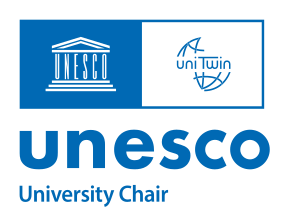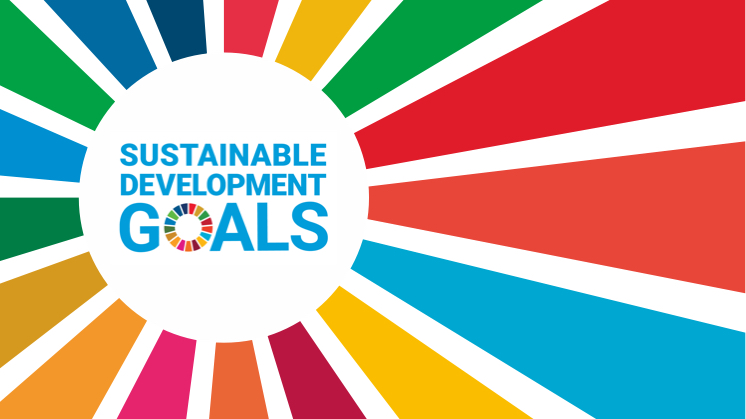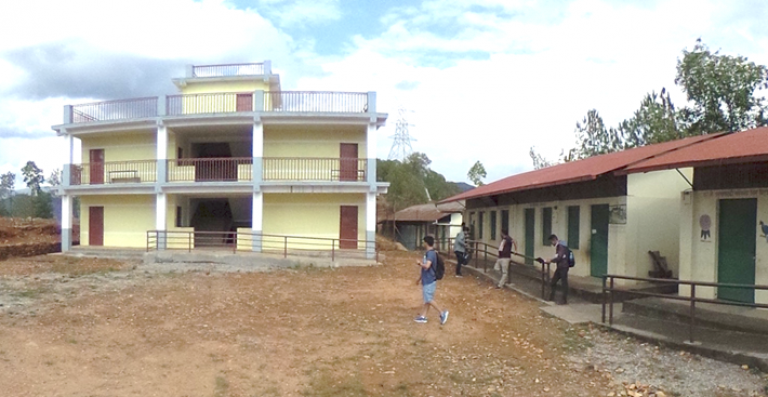
Classification and vulnerability evaluation of school buildings for seismic risk reduction – the GLOSI framework
This event is free.
Event Information
Open to
- All
Availability
- Yes
Cost
- Free
Organiser
-
Prof Dina D'Ayala
In this 2 days course organized by the UNESCO Chair in Disaster Risk Reduction and Resilience Engineering (DRR&RE) at University College London (UCL), we will present the outline of the Global Library for School Infrastructure. This course will first introduce the GLOSI seismic taxonomy, a tool for classification of school buildings. We will then illustrate the concepts and process by obtaining the taxonomy strings for particular case studies. The link between classification and seismic performance is then illustrated by introducing simple methodologies to derive fragility and vulnerability functions. Comparison of fragility function corresponding to different choice of parameter in the classification will be presented and how the effect of specific vulnerability reduction solutions for selected typologies is reflected in the classification and in the fragility/vulnerability output. This course will be divided in two sections, 2 hours each. This course is suitable for students and professionals who wish to gain an overview of GLOSI framework and how this can be incorporated in disaster risk reduction and management.
Attendee’s profile
The workshop is best suited to attendees with the following profile:
- Students, researchers, and academics interested in learning about the disaster risk reduction of school building.
- Disaster risk management professionals involved in issues related to territorial planning, evaluation, risk reduction, and emergency response.
- Other professionals with a basic engineering background interested in disaster risk reduction of school building, with no prior experience on the GLOSI framework.
Learning outcomes
The main learning outcomes of this capacity building are the following:
- Familiarization with the concepts of seismic taxonomy, fragility and vulnerability derivation and vulnerability reduction solutions.
- Awareness of the relevance of standardize procedures for the classification of buildings in the process of disaster risk reduction.
- General understanding of the applicability of the GLOSI framework.
Schedule
Session 1 – 18 July 2022
2:00 pm Roadmap for safer schools - CF
2:15 pm Classification and exposure - DDA
2:30 pm GLOSI seismic taxonomy - RA/AP/RF
3:05 pm Break
3:10 pm Taxonomy application examples – RA/AP/RF
3:25 pm Hands-on task on taxonomy application - RA
3:45 pm Q/A
Session 2 – 19 July 2022
2:00 pm Hands-on task results/discussion - RA/AP/RF
2:25 pm Fragility/Vulnerability methodology and examples - APV/RF
2:50 pm Group discussion on possible retrofitting solutions
3:10 pm Break
3:15 pm Vulnerability reduction solutions - RA/RF
3:30 pm Role of GLOSI in DRR management - JCA
3:45 pm Closing remarks and future works - DDA
About the Speakers
Dina D’Ayala (DDA)
Professor of Structural Engineering at
University College London
Dina D’Ayala is the UNESCO Chair in Disaster Risk Reduction and Resilience Engineering at University College London and a Professor of Structural Engineering within the Department of Civil, Environmental and Geomatic Engineering. She is the head of Civil Engineering and Co-Director of the Earthquake and People Interaction Centre, EPICentre. She is a director of the International Association of Earthquake Engineering (IAEE) and a Fellow of the Institution of Civil Engineers (ICE). Her specialism is Structural Resilience Engineering with particular emphasis on the assessment, strengthening, preservation and resilience of existing buildings, structures, transport infrastructure and cultural heritage. She is the chief scientist of the Global Program for Safer Schools (GPSS) of World Bank.
Fernando Ramírez
Global Program for Safer Schools at
The World Bank
| Fernando Ramirez is a Colombian engineer with 30 years of experience, including 18 years in the field of natural hazards and disaster risk management (DRM). He is currently Senior Disaster Risk Management Specialist at The World Bank. In this position, he is leading the World Bank’s Global Program for Safer Schools with activities in more than 15 countries such as Kyrgyz Republic, Nepal, Peru, Jamaica, El Salvador, among others. He is also task team leader in DRM related operations in Central Asia and East Europe Region. He led the Probabilistic Risk Assessment Program (CAPRA) in Latin America and the Caribbean region and the Caribbean Risk Information Program. Before joining the Bank, he served as a government official in Colombia as Project Manager for the Colombian Geological Service and Head of the DRM Directorate for the city of Bogota. In these positions, he conducted numerous scientific studies of hazards, vulnerability and risk; led the design and implementation of DRM public policies at the national, regional and local levels and emergency response programs. He was trained as a Civil Engineer and holds a Master of Science in Geotechnical Engineering from the National University of Colombia. |
Carina Fonseca Ferreria (CF)
Global Program for Safer Schools at
The World Bank
Carina Fonseca Ferreira is a disaster risk management specialist and co-lead of the WorldBank’s Global Program for Safer Schools. She works with Governments around the world to assist
in the design and implementation of risk informed investments in order to improve the safety and
resilience of school infrastructure. Carina holds a PhD in Earthquake Engineering from University
College London with a published thesis on the factors that have driven to the collapse of buildings
during past earthquakes in Latin America.
Juan Carlos Atoche (JCA)
Global Program for Safer Schools at
The World Bank
Juan Carlos Atoche is a Disaster risk management and learning infrastructure specialist at the World Bank Group´s Global Program for Safer School and Education Global Practice. He currently works in the Latin American and Caribbean region. Since 2015, he has supported the design and implementation of financing operations and technical assistance initiatives in Peru, El Salvador, the Dominican Republic, Nicaragua, and Honduras. His work is aimed at supporting the design and implementation of public policies and investment plans that are effective in reducing learning poverty and the risk of disasters and climate change. Since 2003, he has been a professor at the Department of Civil Engineering in the Universidad de Piura in Peru. He holds a master's degree in Civil Engineering from the Universidad de los Andes in Colombia, a specialization in strategic planning and management from the Universidad Católica in Chile, and is a Civil Engineer from the Universidad de Piura in Peru.
Rohit Adhikari (RA)
Research Fellow at
University College London
Rohit Adhikari is a Research Fellow within the UNESCO Chair in DRR-RE at UCL. He has obtained a PhD in Structural Earthquake Engineering from UCL with a focus on structural classification, numerical modelling and seismic analysis, fragility and vulnerability assessment as well as risk reduction measures for masonry school typologies. He has worked in the GPSS program of the World Bank in developing the GLOSI library. He has participated in disaster risk assessment projects on school infrastructure in several countries including El Salvador, Dominican Republic and Nepal. During these engagements, he has carried out field survey of school facilities in several countries, has participated in capacity building and knowledge transfer activities. Currently, he is working in the SFRES-Nepal project that aims to develop an assessment methodology for both the structural safety and functional adequacy of school infrastructure.
Ahsana Parammal Vatteri (AP)
Research Fellow at
University College London
Ahsana works as a post-doctoral researcher within the UNESCO Chair, on probabilistic modelling of integrated school-road systems to improve the disaster resilience and reduce education disruption. She completed her PhD at UCL EPICentre, on multi-hazard vulnerability assessment of school systems using Bayesian networks. She was involved in modifying the World Bank’s GLOSI taxonomy for confined masonry typology. Previously, she worked on seismic safety assessment of schools as a research consultant. Ahsana completed her bachelor and master's degrees from India, where she also worked as a civil engineer.
Rafael Fernández (RF)
PhD Candidate at
Universidad de Los Andes
Rafael Fernández is a PhD candidate at Universidad de Los Andes. He has worked in several disaster risk management projects for different types of hazards in countries such as Peru, Rafael Fernández is a PhD candidate at Universidad de Los Andes. He has worked in several disaster risk management projects for different types of hazards in countries such as Peru, Ecuador, Colombia, Panama, El Salvador, Jamaica, Dominican Republic, Bolivia, and Barbados. Rafael was also part of the team that developed the Global Library for School Infrastructure (GLOSI) for the World Bank. He is a civil engineer and holds a master’s degree on seismic and structural engineering from Universidad de Los Andes.


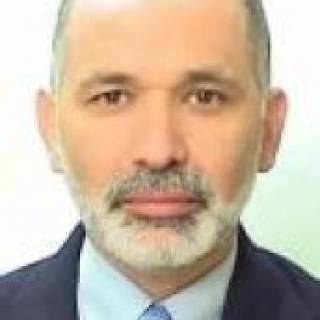

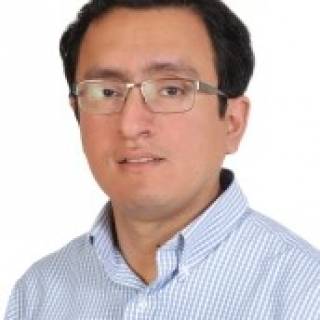
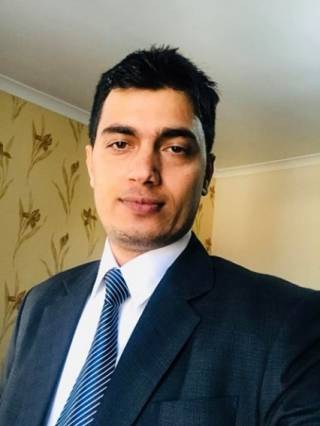
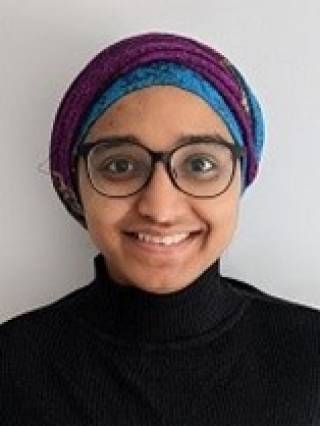
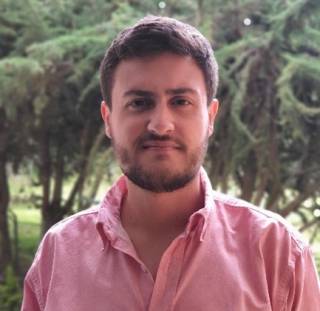
 Close
Close


